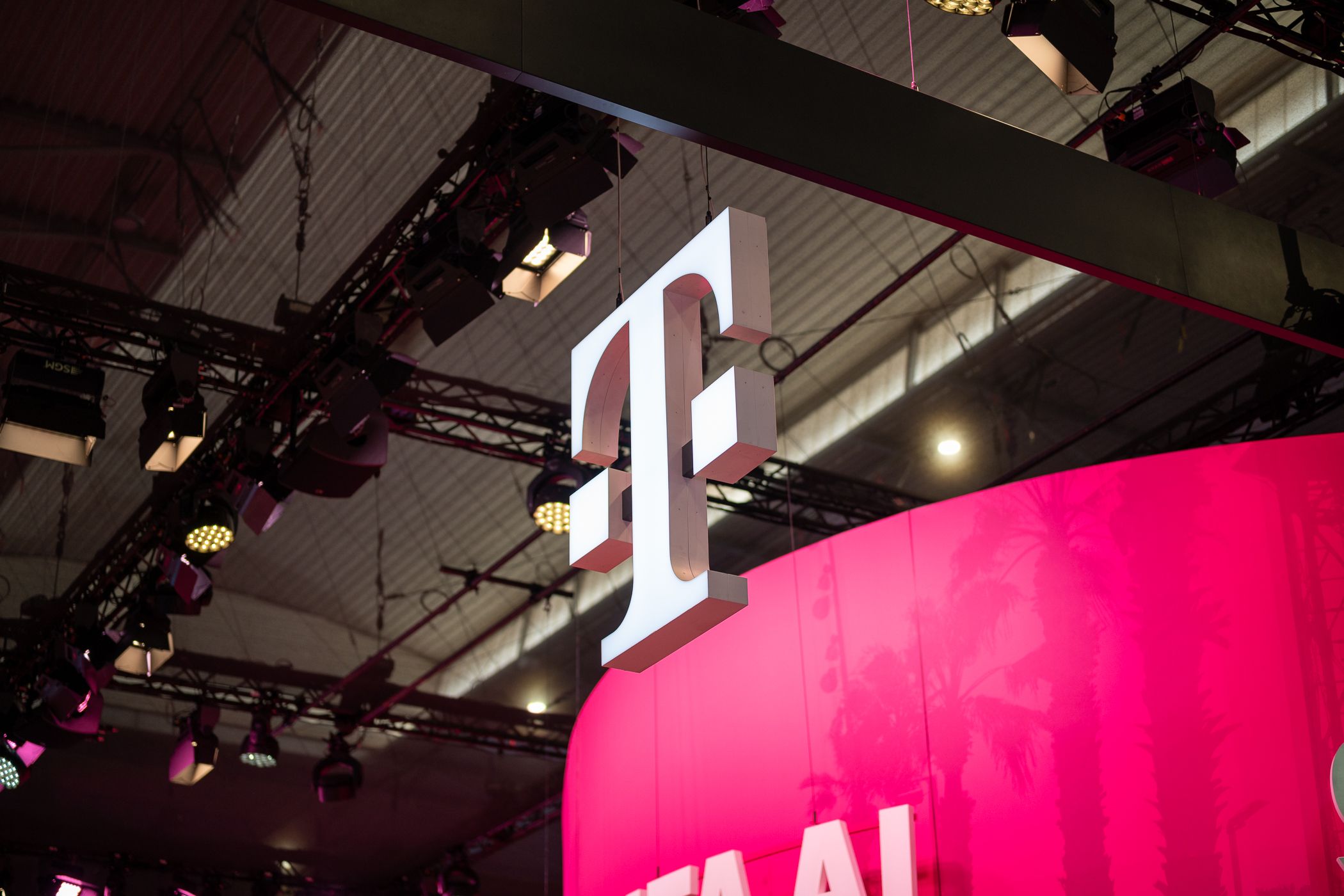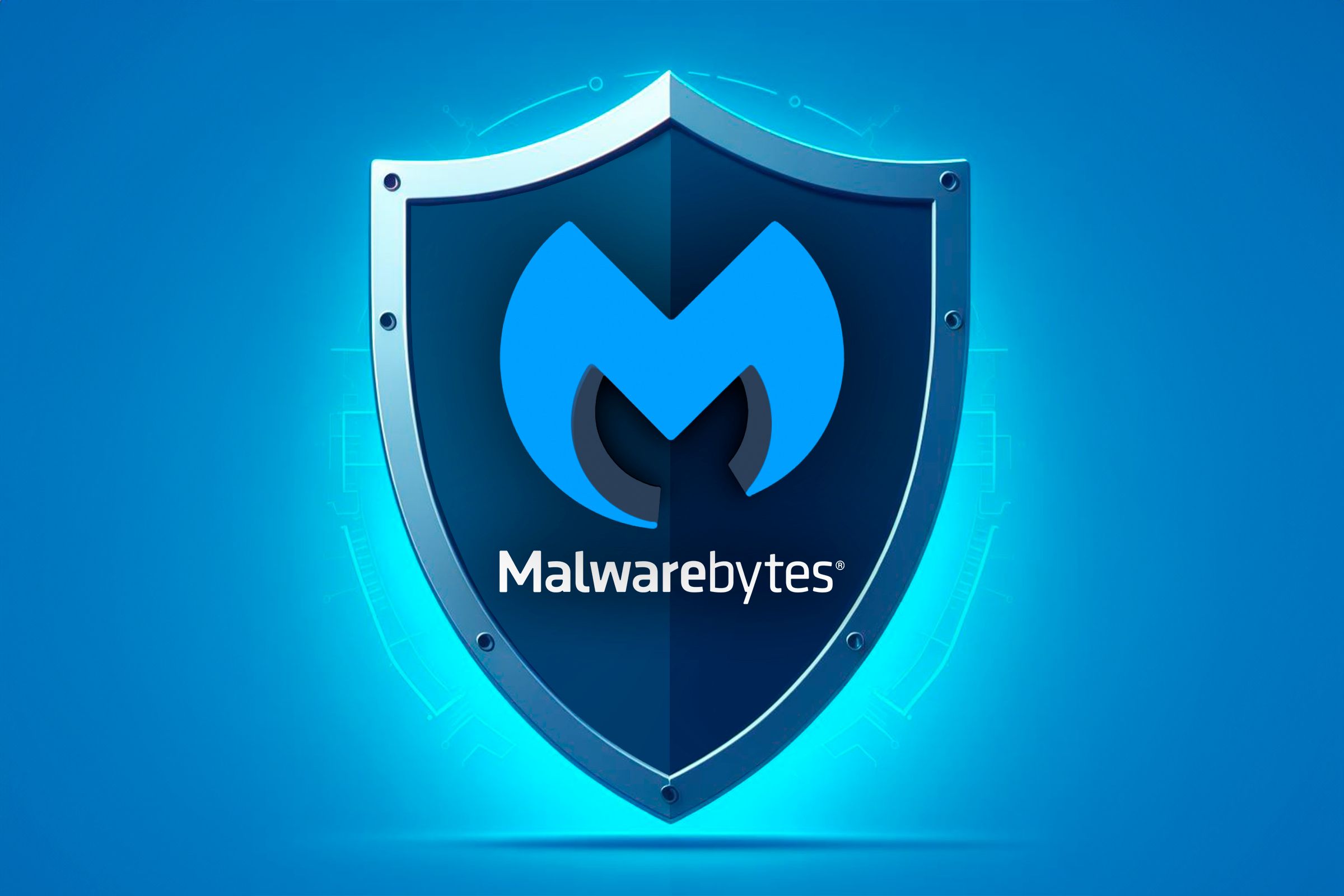AT&T Finds a Sneaky Way to Increase Your Monthly Bill
After April 24th, AT&T will stop providing a $5 autopay discount for customers who pay with a credit card. Additionally, those who pay with a debit card will see their autopay discount slashed from $10 a month to $5.
This is effectively a price hike for AT&T mobile and home internet customers. For reference, the autopay discount is per line, meaning that families who pay for multiple phone lines may see a dramatic increase in their monthly bill.
The only customers who aren’t affected are those who pay with ACH direct bank transfers or an AT&T Plus Card from Citi Bank—if you currently use one of these payment methods, or if you switch over to them, you will continue receiving $10 autopay and paperless billing discounts after April 24th.
In a statement to The Verge, AT&T spokesperson Kyle Loomis clarifies that this change to the autopay discount is made to “align with others in the industry.” Rival carriers, including T-Mobile and Verizon, no longer offer autopay discounts for bills paid by credit card. This is likely due to credit card processing fees, which range from 1.5 percent to 3.5 percent and are paid for by sellers, not buyers. If you pay $70 a month for your phone plan, for example, your carrier may be faced with up to $30 a year in processing fees.

Related
Xfinity and Spectrum Mobile Plans Gain Emergency Satellite Messaging
Unfortunately, this emergency messaging service requires a compatible smartphone.
Carriers probably don’t want to accept credit cards at all. And, if carriers existed in a monopoly, they probably wouldn’t. This is something that we see among utility companies and government services—sectors that do not have any competition have no reason to endure credit card fees in exchange for customer goodwill, so they simply refuse to accept credit cards (or enforce a surcharge for transactions paid with credit).
Industry-wide abandonment of autopay discounts for credit card payments is mutually beneficial for carriers. It eliminates a competitive front that may have swayed consumers’ purchasing decisions. Someone who wanted to pay their cellular or home internet bill with a credit card may have specifically chosen AT&T for its autopay discount—now that this discount is gone, the customer is forced to shop for carriers or internet providers on different terms.
As for the AT&T’s debit card autopay discount, which has been slashed in half—well, debit cards typically have a fixed processing fee that is lower than the average credit card fee. Still, a fixed fee of a few cents will add up over time. By disincentivizing debit card payments, AT&T can push more customers toward ACH direct bank transfers, which usually have zero fees and are not affected by changes to customers’ debit cards (you can’t hide from an ACH transfer by changing your debit card number, for example).

Related
Some T-Mobile Home Internet Customers Just Gained Faster Upload Speeds
T-Mobile now utilizes 5G Standalone (5G SA) connectivity on some Home Internet bridges.
I should point out that merchants are not allowed to charge a fee for debit card usage. Federal law prohibits surcharging on debit cards and preloaded bank cards. However, AT&T isn’t charging a fee for debit cards, it’s simply providing a more favorable discount for other payment methods, so it is presumably not breaking any laws.
I suggest that AT&T customers switch to ACH direct bank transfers for autopay. Note that ACH transfers are harder to dispute than credit card or debit card purchases, so if you’re concerned about being erroneously charged by AT&T in some way, the AT&T Plus Card might be a better option for the autopay discount. (Alternatively, you can set up a dedicated bank account or cash management account for autopay. That way, you can manually control the amount of money available in the account for ACH transfers—just make sure that the account is not subject to overdraft fees.)
To reiterate, AT&T will stop providing $5 autopay discounts for credit card payments on April 24th. The $10 monthly autopay discount for debit card payments will be reduced to $5 on the same date.
Source: AT&T via The Mobile Report, The Verge












